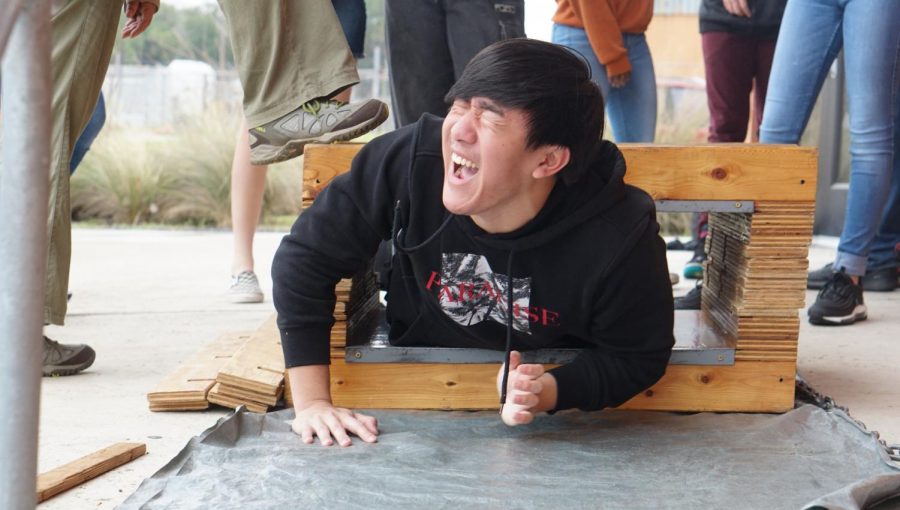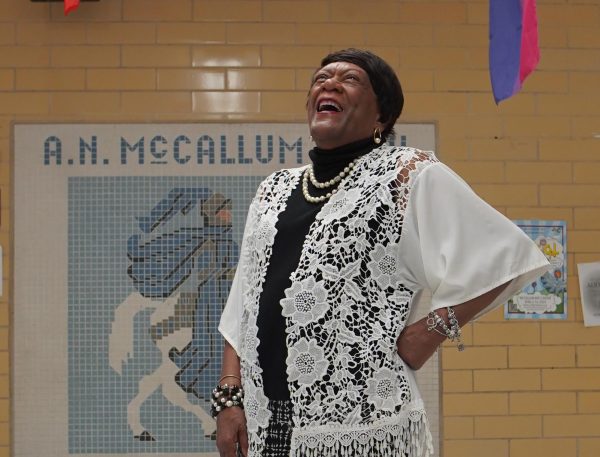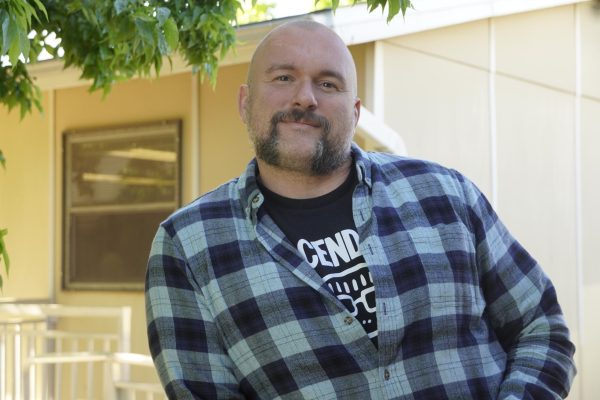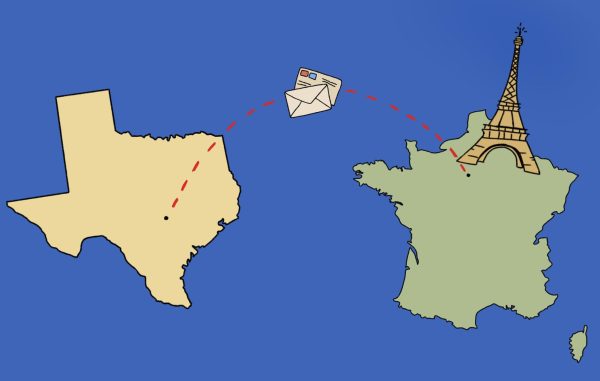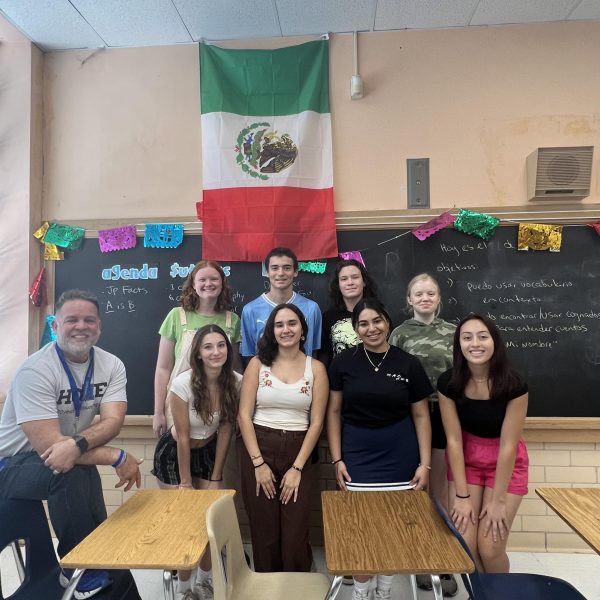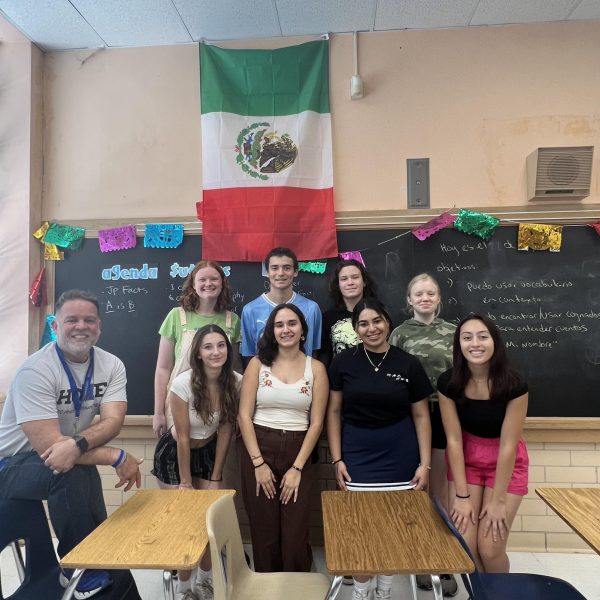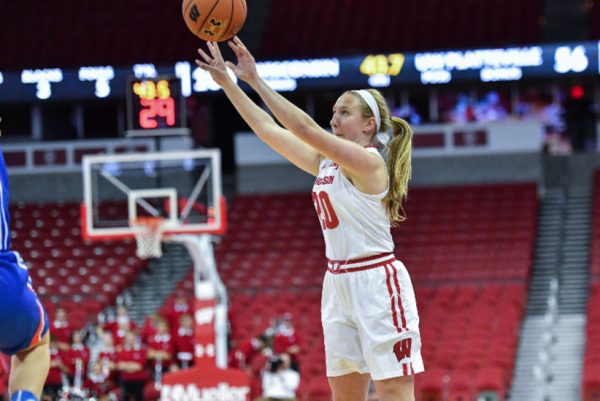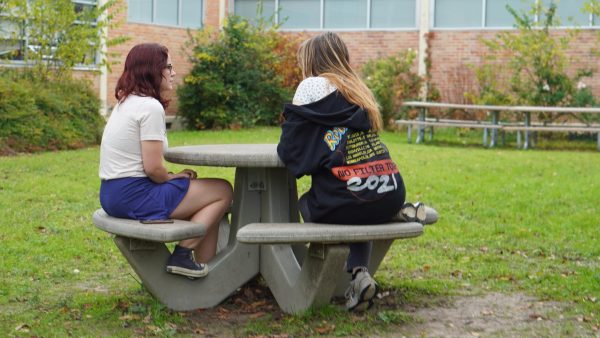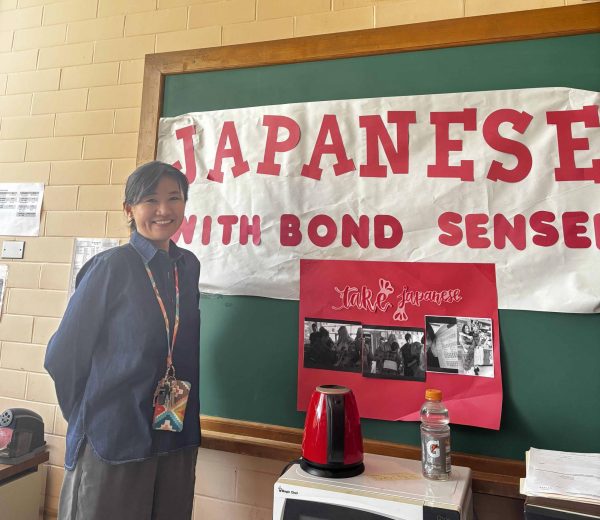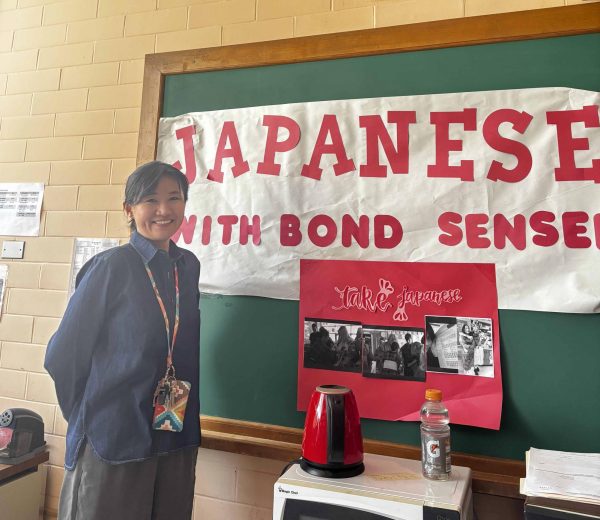Cave expert sheds light on little known subject
Dave Jackson applies his engineering skill to teach students about cave conservation, science careers
March 7, 2019
Dave Jackson wasn’t always a cave enthusiast. He first came across caving when he was studying electrical engineering at MIT.
“I got into the local caving club at MIT because I needed something to do other than lots of calculus.”
Jackson continued caving in Massachusetts, until he moved to Colorado, after graduating from MIT.
I thought, ‘I have an engineering background, and there’s this problem of caves getting wrecked, I’m gonna put those two things together to create an artificial cave that teaches conservation.’
— Cave expert Dave Jackson
“When I got Colorado, where I still live now, I got a job doing cave rescue,” Jackson said. When Jackson started working as a cave rescue operator, he noticed a pattern of caves being damaged during cave rescues.
“I wanted to help fix this problem, so I thought, ‘I have an engineering background, and there’s this problem of caves getting wrecked, I’m gonna put those two things together to create an artificial cave that teaches conservation.’”
And so far, it’s worked. Jackson travels around all of the lower 48 states, taking his artificial cave with him to spread the word about cave conservation. He brought his cave simulation to McCallum the last week of February, thanks to an invitation from physics teacher Elaine Bohl-Graham.
“I really love this job, because I get to do so many different things,” Jackson said. “I get to teach, I get to business and I do sales, because we sell these systems.”
In fact, the city of Austin is currently looking at buying a cave simulation of their own.
“Austin is hoping to do what I do, travel around and educate young people about cave conservation, and also use it to help train firefighters and EMS,” said Jackson, who added that the momentum is building.
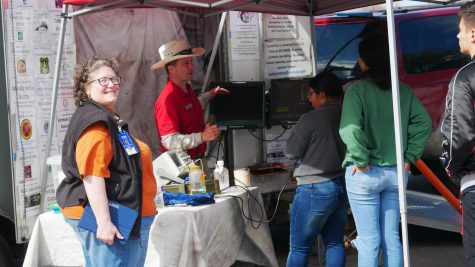
Physics teacher Elaine Bohls Graham invited cave expert Dave Johnson (center) to come to McCallum as says that she has seen students overcome fears and develop confidence and leadership skills by participating in Johnson’s cave simulation exercises. Photo by Edward Johnson.
He said he has no plans of stopping.
“I want to keep doing this because it makes me feel like I’m making a little bit of change in the world, not only teaching cave conservation, but also showing kids that if you take your school studies seriously, and figure out what you’re passionate about, it can pay off.”
Bohls-Graham said she has already seen the positive effects of Jackson’s visit.
“I’ve seen students who at first weren’t interested, becoming the leaders” Bohls-Graham said. “I’ve also noticed some students facing a fear, and overcoming claustrophobia to do the cave simulation. I feel like it’s given kids confidence.”
I’ve also noticed some students facing a fear, and overcoming claustrophobia to do the cave simulation.
— Physics teacher Elaine Bohls-Graham
“I also thinks it’s a great way to show kids that there are lots of career options in the field of science,” she said. “It’s another way to give options to science.”
Bohls-Graham isn’t the only one who has noticed some positive effects of Jackson’s visit. “When I first heard about the Cave Simulation, I was a little bit confused” Junior Molly Gardner said. “But after I learned a lot about actually going into the caves, I thought it was really interesting idea … I really liked how it gave us some perspective on what people like Jackson actually do, as well as everyone who pursues science as a career.”
Bohls-Graham agrees.
“I originally wanted to do this because I’m a geologist by degree, and I wanted to show kids how many options there are for a career in science, and I think Dave and his team have done a great job of that.”



